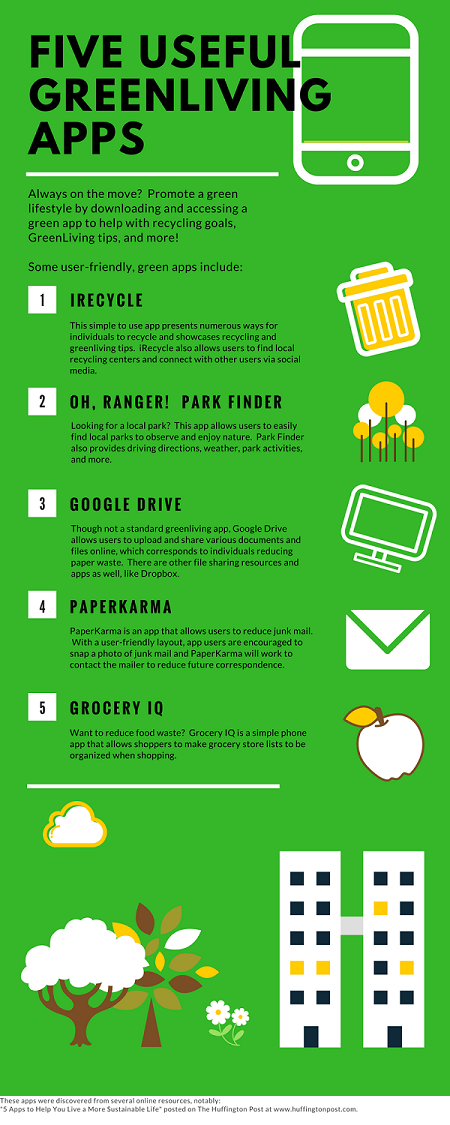Five, Common, GreenLiving Misconceptions
Don't be Fooled By Some Eco-Friendly Myths
Trying to live a green life? It is often easy to find green and eco-friendly advice online and on social media apps and websites. But is all the green advice correct?
Below are five common greenliving tips that can become misconceptions or are simply incorrect:
1) Pet adoption helps the local animal population: The reality is that pet adoption is a GREAT way to help the local animal population if the new pet owner has time to care for a four-legged friend. Oftentimes, people adopt new pets without realizing how much time and energy it takes to care for an animal (especially a puppy and/ or a kitten that requires training). Unwanted or older animals are sometimes returned to shelters or, even worse, abandoned outdoors. Only adopt a pet if absolutely sure the pet will be cared for for years to come.
2) Plastic water bottles are a great option if the bottles are recycled afterwards: Plastic water bottles are recyclable, which is a great way to reduce waste. However, plastic water bottles are not the best option to drink water. Reusable, durable, water bottles are the best as they can be re-filled and washed numerous times.
3) Indoor plants are a green way to clean and purify the air: Indoor plants and flowers do help clean and freshen the air by removing toxins. However, similar to pets, plants will only purify the air if they are being well cared for. Before buying a plant, make sure the plants will be in an environment that they will receive ample sunlight and water to thrive.
4) It is difficult to combat food waste because it is hard to donate food: Food banks and shelters accept new, unopened cans and food products. But, remember, there are other ways to combat food waste in addition to donating canned and non-perishable food products. If applicable, try out composting leftover food. In addition, it is possible to use food scraps to try out some new recipes. Another creative way to reduce food waste to is reorganize the refrigerator, read the Grady GreenLiving tip guide on refrigerator storage to find out more.
5) Styrofoam can be recycled: This is not the case. Styrofoam is not recyclable in any way. Please dispose of Styrofoam with other waste.
Grady Management was founded in 1965 and continues to provide a full service residential, commercial, and consulting real estate firm in the greater Washington and Baltimore metropolitan area. Learn more from our website or Facebook page.
Trying to live a green life? It is often easy to find green and eco-friendly advice online and on social media apps and websites. But is all the green advice correct?
Below are five common greenliving tips that can become misconceptions or are simply incorrect:
1) Pet adoption helps the local animal population: The reality is that pet adoption is a GREAT way to help the local animal population if the new pet owner has time to care for a four-legged friend. Oftentimes, people adopt new pets without realizing how much time and energy it takes to care for an animal (especially a puppy and/ or a kitten that requires training). Unwanted or older animals are sometimes returned to shelters or, even worse, abandoned outdoors. Only adopt a pet if absolutely sure the pet will be cared for for years to come.
2) Plastic water bottles are a great option if the bottles are recycled afterwards: Plastic water bottles are recyclable, which is a great way to reduce waste. However, plastic water bottles are not the best option to drink water. Reusable, durable, water bottles are the best as they can be re-filled and washed numerous times.
3) Indoor plants are a green way to clean and purify the air: Indoor plants and flowers do help clean and freshen the air by removing toxins. However, similar to pets, plants will only purify the air if they are being well cared for. Before buying a plant, make sure the plants will be in an environment that they will receive ample sunlight and water to thrive.
4) It is difficult to combat food waste because it is hard to donate food: Food banks and shelters accept new, unopened cans and food products. But, remember, there are other ways to combat food waste in addition to donating canned and non-perishable food products. If applicable, try out composting leftover food. In addition, it is possible to use food scraps to try out some new recipes. Another creative way to reduce food waste to is reorganize the refrigerator, read the Grady GreenLiving tip guide on refrigerator storage to find out more.
5) Styrofoam can be recycled: This is not the case. Styrofoam is not recyclable in any way. Please dispose of Styrofoam with other waste.
Grady Management was founded in 1965 and continues to provide a full service residential, commercial, and consulting real estate firm in the greater Washington and Baltimore metropolitan area. Learn more from our website or Facebook page.



Comments
Post a Comment